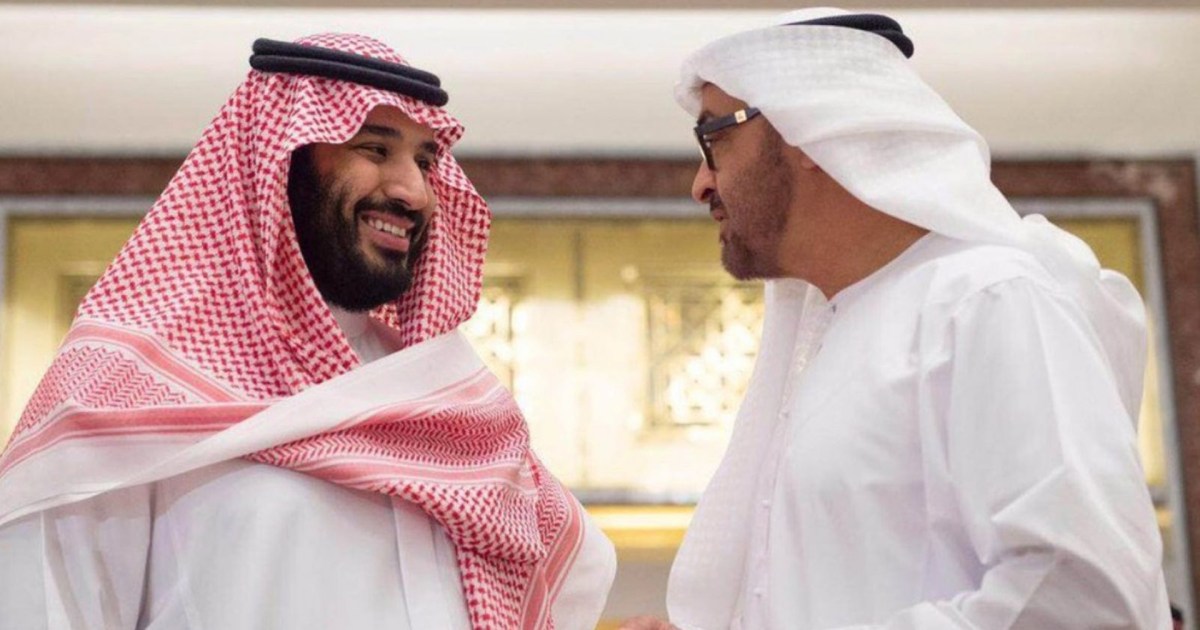A professor of political media, Ahmed bin Rashid bin Saeed said that Saudi Arabia was supportive of the Syrian people and embraced its revolution, describing Syria as an occupied land, and demanding the departure of the Syrian regime, whether voluntarily or unwillingly, but it soon turned against its position, and supported Moscow’s intervention in the Syrian revolution, which pours In the interest of the Assad regime.
Ibn Rashid did not hesitate to describe the Saudi leaders as puppets driven by foreign hands, indicating that the Crown Prince of Abu Dhabi, Mohammed bin Zayed, had an influence on the decisions of the current Saudi leaders, and considered that one of the most prominent determinants of the Saudi decision is the Saudi leadership’s stance towards the Islamists, and its fear of their control over the The situation in Syria, which will have repercussions on the countries of the region, including Saudi Arabia.
And he went on to say that the change of Saudi Arabia's position on the Syrian revolution and its support for the regime in the face of the people dispels its allegations about its fears of Iranian ambitions, as its support for the Assad regime tacitly supported the Iranian position on the revolution in Syria, given that Tehran is one of the most important allies and supporters of Assad to suppress the revolution of the Syrian people. .
For his part, Glenn Carl, a former CIA officer, explained that the American position has always been against the regime of Bashar al-Assad, and America has tried to create a coalition of Western powers opposed to this regime, but this effort failed, and it seemed clear that Saudi Arabia decided that stability is better. Two evils, in the presence of "extremist" groups may win the battle.
He added that morality is not the priority in international relations, and therefore Saudi Arabia considered that it is in its interest that the Syrian regime win this battle, instead of leaving the field open to extremists in Syria.
He pointed out that the shift in the position of Saudi Crown Prince Mohammed bin Salman from the Syrian revolution was also affected by the internal political dynamics that motivated him to move, as he was facing an internal struggle for the throne, and thus he saw that his shift in position might strengthen his position inside Saudi Arabia.
It is noteworthy that the British Guardian newspaper published an article in which it revealed that the Saudi crown prince - with the encouragement of his Emirati counterpart - had given a green light to the Russian intervention in the Syrian crisis, in a shift that annoyed Washington, which asked the former Saudi intelligence officer, who is close to him, Saad Al-Jabri, to transfer him to the Saudi authorities. Mohammed bin Salman responded by sacking Al-Jabri.

